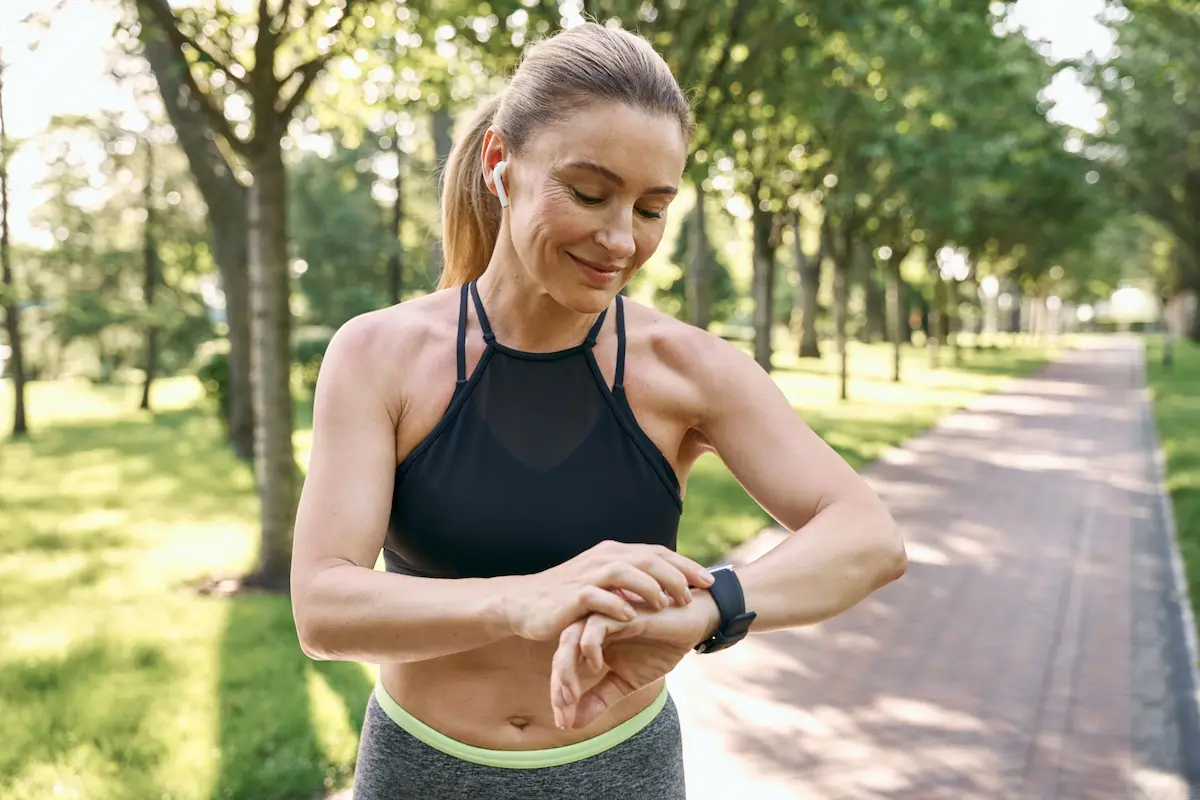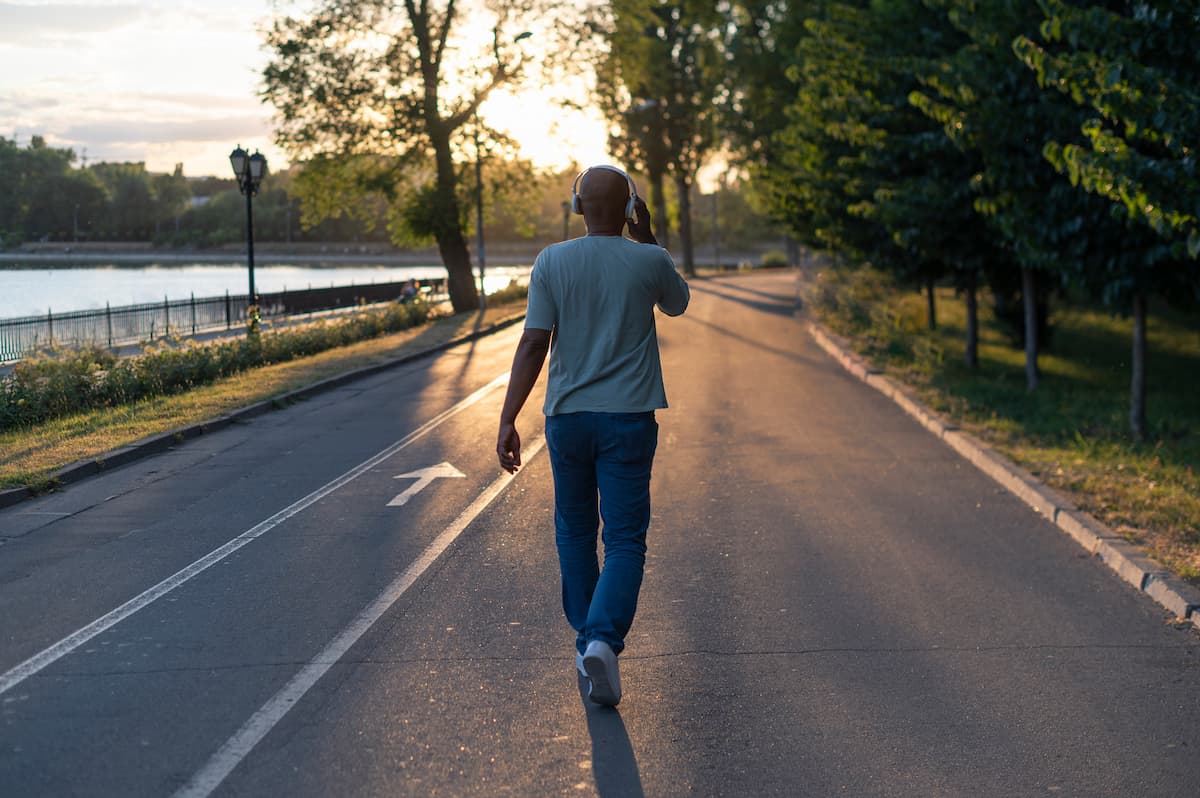Walking is an essential part of daily life for many people around the world.
Whether you’re walking to work, exercising, or simply enjoying a leisurely stroll, knowing how long it takes to walk 1 km can be useful in various situations.
This article will discuss the average time it takes to walk 1 km, along with factors that influence this time.
Average Walking Speed and Time
| Speed (km/h) | Time to Walk 1 km (minutes) | Calories Burned |
|---|---|---|
| 3 | 18.64 | 32.14 |
| 5 | 12.43 | 62.14 |
| 6 | 9.32 | 72.14 |
| 8 | 7.46 | 72.14 |
The average time to walk 1 km is usually estimated based on the average human walking speed. The average walking speed for adults ranges from 4 to 5 km/h.
Therefore, the average time it takes to walk 1 km would be approximately:
- 12-15 minutes at a pace of 4 km/h
- 10-12 minutes at a pace of 5 km/h
Variation Among Different Ages and Genders
Although there is an overall average time, some variations occur between different genders and age groups.
Studies have found that men tend to walk slightly faster than women on average. Additionally, older individuals often walk slower than younger ones.
However, these differences are generally small and not significant enough to cause drastic changes in the average time to walk 1km.
Read more : How long does it take to walk a 5 km ?
Factors Affecting Walking Time
Several factors can impact an individual’s time to walk 1 km. Some of these factors include:
Fitness Level
A person’s fitness level greatly impacts their walking speed.
Those who exercise regularly and maintain a good level of physical fitness are likely to walk faster than those who are less active.
A fit individual may complete the 1 km walk in under 10 minutes, while a relatively unfit person might take up to 20 minutes or more.
Terrain and Conditions
The terrain and conditions of your walking surface also play a role in determining how long it takes to walk 1 km.
Walking on flat, smooth surfaces such as sidewalks, roads, or designated walking paths will generally be quicker than walking on uneven ground or off-trail areas like hiking trails or beaches.
Additionally, weather conditions, such as rain or ice, can slow down your walking speed.
Walking Purpose
The purpose behind your walk will also influence the time it takes to cover 1 km. If you’re walking for exercise or training purposes, you might maintain a faster pace throughout the walk, while a leisurely stroll might take longer due to a slower pace or occasional stops along the way.
Improving Your Walking Speed
If you’re interested in reducing the time it takes to walk 1km, there are various strategies available:
Incorporate Regular Exercise
As previously mentioned, an individual’s fitness level is a significant factor in determining walking speed.
By incorporating regular cardiovascular exercise into your routine, such as jogging, swimming, or cycling, not only do you build endurance and stamina but also improve your overall walking speed.
Practice Good Posture
Ensuring that you maintain good posture while walking is essential.
Keep your back straight, chest lifted, and gaze forward ahead – this allows you to move more efficiently and reduces the risk of injury or strain on your body.
Use Arm Motion
Swinging your arms while walking can help propel you forward, thus maintaining a faster pace and potentially covering 1 km in a shorter time. Just remember to keep your arm motions relaxed and natural.
Try Interval Training
Adding interval training to your walking routine is another way to increase your overall walking speed.
By alternating between periods of fast walking or jogging and slower-paced walking, your body adapts, and your average walking pace may improve over time.
Monitoring Your Progress

Tracking your walking times can be a great way to monitor changes in your walking speed over time. There are various methods available:
Use a Stopwatch or Timer
A simple stopwatch or timer on your wristwatch, phone, or other devices can easily track your walking time.
Ensure you start the timer when beginning your walk, stop it upon completion, and record your results.
Utilize Smartphone Applications
Many smartphone apps dedicated to walking or running will automatically track your distance and walking times.
Some even offer additional features, such as GPS tracking, pacing alerts, and personalized workout plans.
Wear a Fitness Tracker
Fitness trackers or smartwatches that include pedometers often also have built-in timers. They allow users to measure their walking times effortlessly and provide access to historical progress data for comparisons over time.
In conclusion, the average time to walk 1km varies depending on factors like personal fitness levels, age, gender and several external conditions.
However, knowing these factors and utilizing strategies to improve walking speed can help reduce the time it takes to complete the 1km walk.
Be sure to choose a suitable method to monitor your progress, and don’t forget to enjoy your walk!

